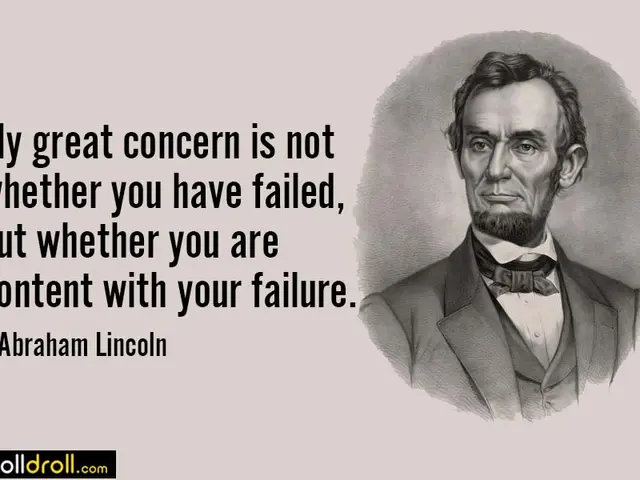Kazakhstan's New Approach to Early Childhood Development
Supportive facilities for young children experiencing developmental difficulties
Get ready for a game-changer in Kazakhstan's healthcare system! Centers for Early Development and Intervention (CEDI) are about to join primary healthcare organizations, revolutionizing the way they support children at risk of or with developmental delays. bureaucratic jargon
The Ministry of Healthcare of the Republic of Kazakhstan announced the introduction of a novel early intervention model, shifting the focus from reactive intervention to proactive support.
At these CEDIs, a comprehensive assessment of a child's development will take place, determining the need for early intervention. A multidisciplinary team of general practitioners, pediatricians, psychologists, social workers, and other specialists will oversee each child's care and development plan.
The ministry explained that this approach, dubbed 'before diagnosis, before disability,' focuses on timely identification of developmental risks before an official diagnosis is made. This allows for early action, starting family and child support as early as possible, instead of reacting to obvious signs of impairment.
A crucial part of this new approach involves the implementation of developmental screenings and a new guide for monitoring children's development. The ongoing project "First 1001 Days" is being implemented in the republic, during which a registry of young children is being developed and introduced. This tool aims to shift the focus from reacting to existing problems to their early prevention.
With around 1.6 million children under the age of 3 in Kazakhstan, the ministry revealed that 7.7% of them have health issues, and 3% are under observation.
International data reveals that 8.4% of children under 4 have developmental delays, and 4.3% of children in this age group have disabilities worldwide. Kazakhstan has shown commitment to addressing these challenges with initiatives like home visiting programs and signing the Declaration on Children, Youth and Climate Action [2].
Cross-Border Inspiration
Meanwhile, neighboring countries are also making strides in early intervention. For instance, Latvia is conducting a training program with the World Health Organization (WHO) to bolster support for families of children with developmental delays or disorders [3].
AI-Assisted Support
In other regions, cutting-edge AI-powered platforms like AGAP.AI in the Philippines are being developed to monitor children's developmental milestones, even detecting early signs of autism. Adapting or integrating such innovations could significantly enhance Kazakhstan's detection and support for children with developmental delays.
Stay tuned for more developments in Kazakhstan's efforts to support the early development of its young ones!
In Kazakhstan's health-and-wellness focuses, mental health is not overlooked as the Ministry's new approach incorporates mental health professionals to assess and provide support for children at risk of developmental delays.
Embracing innovative solutions, Kazakhstan could potentially integrate AI-assisted platforms, like AGAP.AI, to aid in early identification and support of children with developmental delays, aligning with their proactive approach towards early childhood development.






